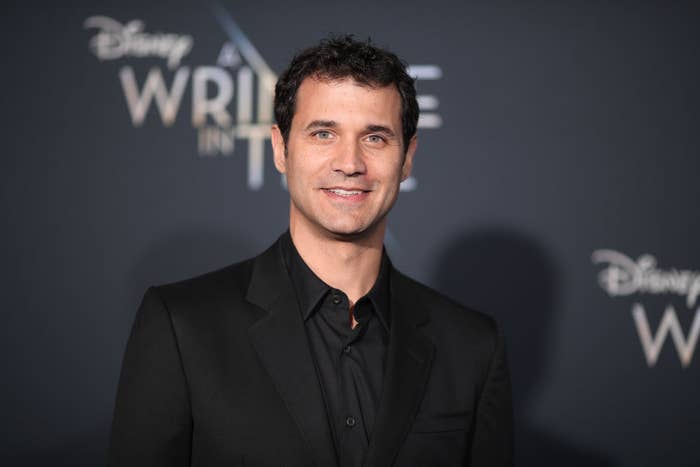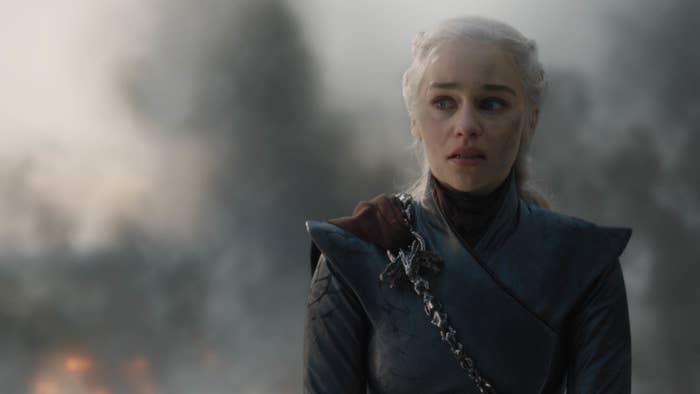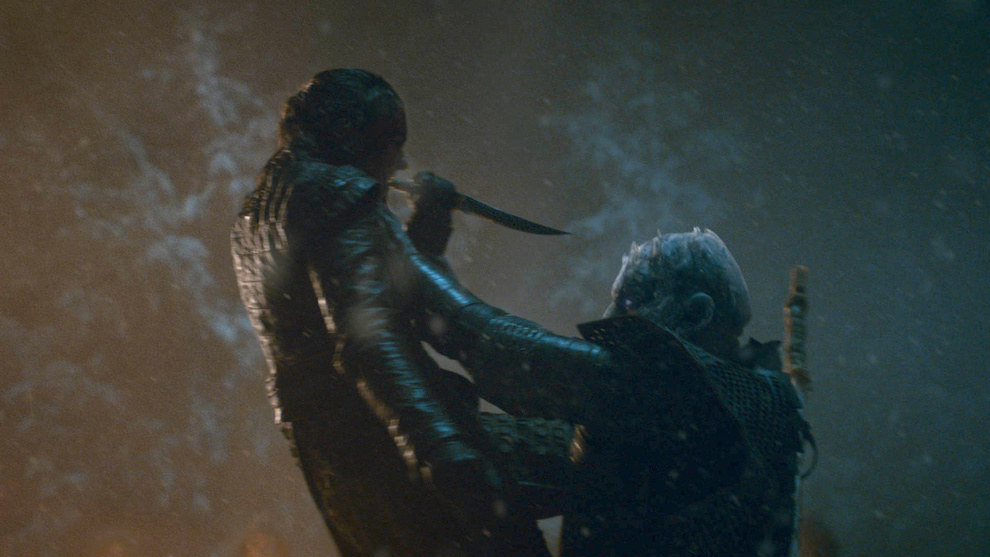
After composing the music for every Game of Thrones episode since the show first aired in 2011, Ramin Djawadi was reluctant to get to work on scoring the final season — starting meant the beginning of the end, and he didn’t want to say goodbye to his dream job.
“It was very emotional for me because I knew this was the end of the show and it’s the end for me writing my last piece of music, so it was my personal farewell to the characters that I’ve come to love over the years,” Djawadi told BuzzFeed News. “It was my opportunity to wrap my storytelling with music and I tried my best to just conclude the story arc with music as well. The music is supposed to enhance the storytelling that you see onscreen, so I definitely had tears in my eyes writing all of that music.”
Show creators David Benioff and D.B. Weiss approached Djawadi about getting involved with Game of Thrones more than eight years ago, and after watching cuts of the first two episodes, Djawadi was hooked.
Djawadi is also responsible for scoring other TV shows and films like Westworld, Prison Break, Jack Ryan, and A Wrinkle in Time. His work on the 2008 Marvel film Iron Man earned him a Grammy nomination, and he won an Emmy Award for a Season 7 Game of Thrones episode, “The Dragon and the Wolf.”

Born in Germany, Djawadi spent a lot of time in his studio with the Game of Thrones showrunners. He was always privy to information ahead of time and even got a heads up about certain details — however vague — that might inform his musical choices for the show. For example, Benioff and Weiss told Djawadi in Season 1 that the theme for Daenerys Targaryen’s music should be something that “can become very powerful later on.”
“They told me, perhaps [Daenerys] will grow to become more and more powerful, so we need a very powerful theme for her eventually,” he said. “It’s interesting, in the very beginning her theme isn’t very powerful at all, it just kind of developed over time. There were a lot of conversations that I had with the showrunners, a lot of talking and ideas and brainstorming, and then I sat down and wrote all this music.”
When Djawadi composed Season 8, Episode 5, “The Bells,” he was making a different kind of music for Daenerys when she burned down King’s Landing in a moment of rage, disregarding Cersei’s last minute surrender. He said this was not only a major development for her character by way of musical score, but a departure from what he was used to composing and what fans were used to hearing.

“We have been setting up Daenerys as a big savior and a big positive person who does everything at least she thinks is right, and a lot of her music has always been very heroic,” he said. “But in Episode 5, that’s definitely when it kind of explodes and really turns dark. It’s her theme but infused with new material really portraying that emotion that she’s going through with the loss of her dragons and Missandei and all the negativity that she’s endured. The music just really had to enhance that anger in her.”
Another major moment during the final season was of course when Arya Stark killed the Night King. Djawadi said it took him weeks to figure out the right sound, and that it was a true collaboration with the showrunners, who emphasized the music in that scene “needed to be something new,” Djawadi said. “They landed on using piano, an instrument they only used one other time in the series when Cersei blows up the Sept of Baelor in Season 6, because “it really caught the listeners’ attention.”
“You just come out of 60 or 70 minutes of action music of this big epic battle and when the Night King does his final walk towards Bran, this piano plays and starts playing such minimal music and then it develops,” Djawadi said. “We wanted everybody to know, OK, something’s happening now, and everybody just holds their breath and goes, ‘OK, this is it. It’s over.’ And then it’s a big surprise when Arya comes out of nowhere, but by playing this piano we really wanted to set it up just to say that everybody’s going to die soon and it’s over.”

Just like so many other parts of the GoT universe, the fandom obsesses over the musical score. On top of coming up with covers for the iconic theme song, the Game of Thrones soundtracks have streamed more than 380 million times on Spotify since January 2016. Djawadi is even going on tour this fall to perform the GoT score live across the United States; he's conceptualizing the whole 20-city tour and is performing at the shows in New York City, Irvine, and Los Angeles.
“There’s definitely something about performing live music and having a connection to the audience,” Djawadi said. “Being in the studio writing music, you don’t have that connection. I don’t get to see people’s reactions. I don’t get to see when there’s an emotional scene or, do I get people excited when there’s a big action scene?”
Even though the live concert is something Djawadi has done in the past, usually as a way to get fans excited between seasons, now that the show is over, he said the concert will be a way for fans to experience Game of Thrones all over again.
“Now even more so now that the show ended, I think it gives everybody an opportunity to really relive the entire show again,” he said. “I think we can all transport ourselves back into the world of Westeros that we love so much.”
